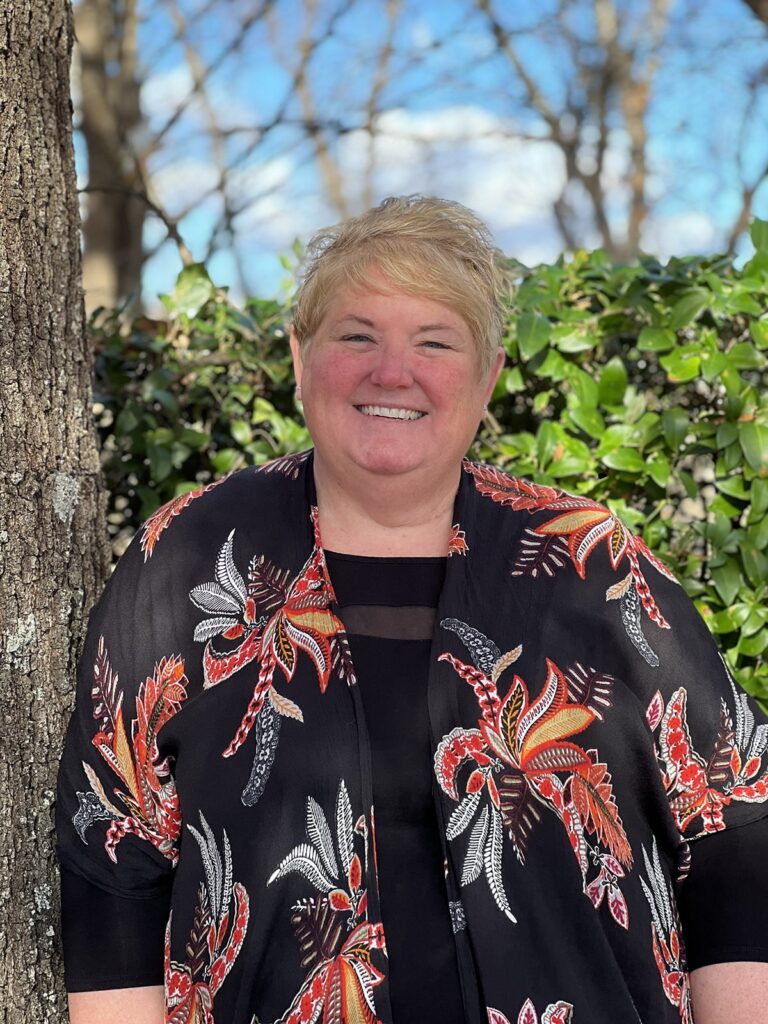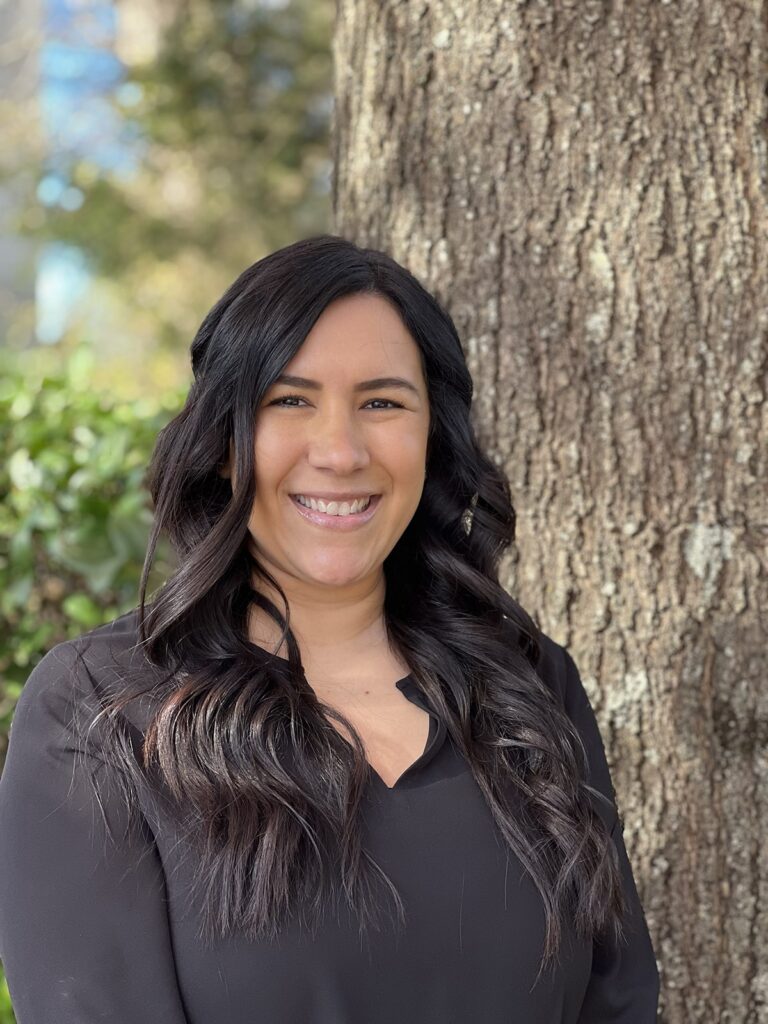Our Story
Who is Hallmark?
- Corian® Design products: Corian® Solid Surface, and Corian® Quartz
- DuPont Performance Building Solutions: Tyvek® Weather Resistive Barriers, Tyvek® Roofing Underlayments, and Dupont™ Flashing & Accessories
- Keene™ Building Products
- Balconies by Levante® : Our wholly owned subsidiary, Levanté®, LLC is a manufacturer of prefabricated balconies.
What Does Associate Owned Mean?
We’re structured as an Employee Stock Ownership Plan (ESOP) which is a qualified retirement plan authorized and encouraged by federal tax and pension laws. Being an ESOP company means that we all have a stake in the success of Hallmark. Our Associates (employees) get to enjoy the benefits of owning shares of the company, which grow in value as we grow. We’re not just working for a paycheck; we’re working for our future!
Benefits of Employee-Owned Companies:
- A unique retirement benefit as it requires no out of pocket contribution from employees. An ESOP creates a mechanism for personal wealth.
- Provides job security for employees. Companies with employee stock ownership are 7.3 times less likely to lay off employees than conventional firms.
- Provides business continuity… the people who know the business best are running the business.
- Research proves that giving workers a stake in the company (ownership) improves employee attitudes toward the company, and these translate to improvement of the organization’s service and profit.
- Provides consistency for customers when senior leadership transitions.

50 Years of Growth
We’re pioneering the use of solid surface… so much so we must fabricate it ourselves to get customers to buy it. As demand grew, fabricators opened, and we focused on distribution.
Here we grow! DuPont awards us the geography of MN for Corian® solid surface and we become a multi branch distributor. We’re also awarded Tyvek® in Southeast Wisconsin in 1988, and then in Eastern Missouri in 1989.
Hallmark opens Apollo Manufacturing: a concrete countertop shop. Soterra Natural Stone Surfacing is added to our offering.
Pollux Manufacturing is sold. DuPont™ Corian® awards us Arizona and Southern Nevada, then Iowa and Nebraska, and Texas and Oklahoma. We became a partner in testing a 3PL model with DuPont in the states of Southern California and Hawaii with Hallmark was doing the distribution and logistics while DuPont did sales and marketing.
DuPont Corian® awards us geography of Southern Illinois, Missouri, Kansas, Arkansas, and Louisiana. Acquired Tyvek® territory of NE Wisconsin.
3PL model test with Corian® is over, we are awarded distribution in the states of Texas, Oklahoma, Iowa, and Nebraska.
Acquired Tyvek® territory of Western Iowa and Nebraska, and Western Wisconsin. Wholly owned subsidiary Levanté®, LLC is formed, and Levanté® Aluminum Architectural Components becomes a brand.
On September 30th we become 100% associate owned!
In December, the board names Bobby Staats as President, Joe transitions to Chairman & CEO role.
- DuPont™ Corian® Design awards us the states of North Carolina, South Carolina, and Georgia.
- Hallmark wins the first ever “Rising Star Award” from the Wisconsin ESOP Association.
July 2024: Hallmark acquires the Tyvek® geography in Eastern IA.
November 4th: Happy 50th Anniversary Hallmark! Cheers to another 50 years with more growth on the horizon!
January: Adds Keene™ Building Products as an offering in the Exteriors Business Unit.
February: Hallmark wins the 2025 WI ESOP Company of the Year award.
GEOGRAPHICAL MARKETING AREAS WE SERVE
Hallmark Warehouse Locations
Hallmark Warehouse Locations
Hallmark Warehouse Locations
Our Foundation
Strategic System
Driven by process and continuous improvement, we began using W. Edwards Deming’s philosophies in the 1990s.
In 1994, we retained the services of Associates for Process Improvement and formalized a journey of implementing Dr. Deming’s Profound Knowledge to manage the business. Can you say “red bead experiment”!? To learn more about Dr. Deming visit the Deming Institute at www.deming.org.
Fast forward to the early 2000’s. Understanding the need for interdependence within a system, we focused on applying Deming’s teachings and transitioned from theory to results oriented implementation. While continuously learning and improving, we foster partnerships with our customers to share our expertise and perform to help them meet their commitments.
Now, we’ve set our sights on scaling up to 10x valuation by 2031. As the fire to start a new burst of growth, we’ve fully integrated the Scaling Up methodology, which is based on the Rockefeller Habits. Let the daily huddles begin! As an ESOP, we are building wealth for our associates by scaling the business all while building great things for our customers.
Leadership
Leadership & Board
After transitioning to 100% associate ownership in 2020, Hallmark is now governed by a board of inside and outside members. Meet our Leadership Team and Board of Directors.











